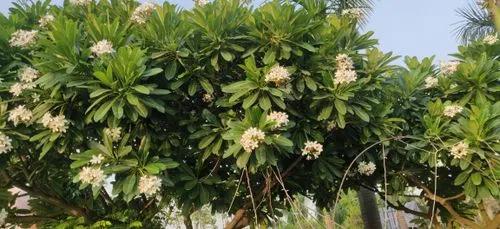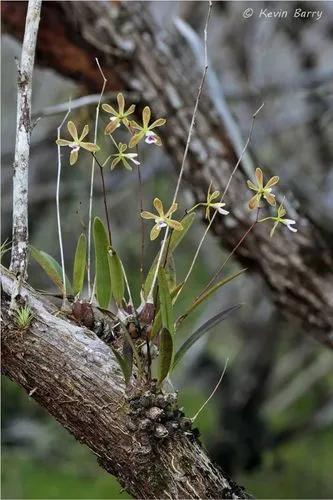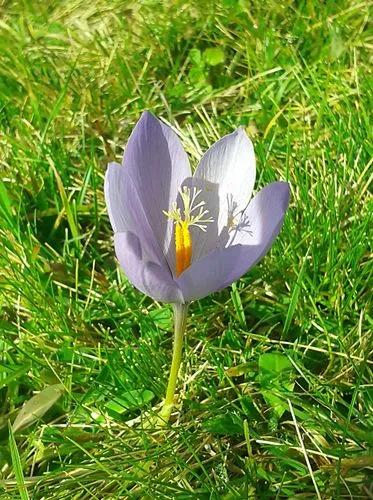Delphinium elatum is a species of Delphinium known by the common name alpine delphinium or candle larkspur. There are several cultivars covering a range of colours including blue, purple, pink, cream, and white, which are grown as ornamental.
Alpine delphinium Care
Delphinium elatum



Delphinium elatum, commonly known as delphinium, is an herbaceous perennial of the buttercup family that is native to clearings, woodland margins, and river valleys from southern and central Europe to Siberia. Species plants have been cultivated since 1578. Spicate flowering stems to 3-5’ tall are topped in late spring to early summer with erect, terminal, often spectacular, central flower spikes (racemes) which are densely packed with showy blue florets (25-100 per raceme). Each floret (to 1” across) has 5 blunt, glabrous, petal-like, blue outer sepals (posterior one is spurred) and two pairs of smaller true petals, with the lower two petals being yellow-bearded. The central raceme is surrounded by a number of smaller secondary flowering racemes (sidespikes) which develop from leaf joints below the primary bloom. Palmately lobed green leaves are 5-7 parted near the base.
How to Care for the Plant

Water

Keep leaves dry to avoid diseases wet leaves become diseased leaves. kept wet overnight, leaf-mould diseases may result. leaves that are made wet in the sun develop slight burn marks (burning glass effect of the water droplets).

Pruning

Dead fronds and leaves can be removed.

Fertilizer

When it comes to fertilizers, you want to avoid over-fertilizing (just like an overdose of vitamins isn't great for us, either). Less is more, so it’s important to follow what the package says for application amounts.

Sunlight

Less sun naturally means less growth.

Soil

Loose, light, humus soil is ideal for this plant.

Temperature

The plant can be found in the areas with the lowest winter temperatures between -40°F and -30°F or -40°C and -34.4°C.

Container

Whether it be plastic or clay, make sure the pot you select has drainage holes in the bottom to prevent over-watering.

Popularity

3,442 people already have this plant 728 people have added this plant to their wishlists
Discover more plants with the list below
Popular articles






